The surge in attacks has been fuelled by the rise of the “triple extortion” ransomware technique whereby attackers, in addition to stealing sensitive data from organizations and threatening to release it publicly unless a payment is made, are also targeting the organization’s customers, vendors or business partners in the same way.
Accompanying the dramatic increase in ransomware attacks, organizations have also experienced a 29% increase in the number of cyberattacks globally, with the highest growth seen in the Europe Middle East and Africa (EMEA) region and the Americas, at 36 and 24% respectively.
While the Asia-Pacific (APAC) region only saw an increase in attacks of 13%, it experienced the highest number of cyberattacks weekly at 1,338. EMEA’s weekly number was 777, while the Americas was at 688 per week.
The report further noted a step-up in the number of attacks targeting supply chains during 2021, including the high-profile attack on SolarWinds from December 2020, as well as the attacks on Codecov in April and, most recently, Kaseya in July.
Following the takedown of the Emotet botnet operation, which was fully eliminated in April 2021, the report also noted that a number of other malwares – including Trickbot, Dridex, Qbot and IcedID – are quickly gaining popularity.
“In the first half of 2021, cyber criminals have continued to adapt their working practices exploiting the shift to hybrid working, targeting organizations’ supply chains and network links to partners to achieve maximum disruption,” said Maya Horowitz, vice-president of research at Check Point Software.
“This year, cyberattacks have continued to break records, and we have even seen a huge increase in the number of ransomware attacks, with high-profile incidents such as Solarwinds, Colonial Pipeline, JBS or Kayesa.
“Looking ahead, organizations should be aware of the risks and ensure that they have the appropriate solutions in place to prevent, without disrupting the normal business flow, the majority of attacks, including the most advanced ones.”
The report also makes a number of predictions for the second half of 2021, including that ransomware attacks will continue to proliferate in spite of increased investment from governments and law enforcement agencies – in particular, from the Biden administration in the US.
The specific trend in triple extortion is also set to grow even further, and will require organizations to establish “collateral damage” strategies to deal with the fallout of attacks that can affect multiple organizations at once.
A separate report from Palo Alto Network’s Unit 42 in May 2021 found that extortion via ransomware had become a highly lucrative business, with the average ransom being paid by victim organizations in Europe, the US and Canada almost trebling between 2019 and 2020.
Check Point’s report added that while authorities are likely to enjoy some successes as a result of increasing investment and the deployment of more advanced tools, threat actors will also evolve, and new ransomware groups will emerge, who will also have access to better tools.
Over the past two years, for example, the report notes there has been an acceleration in the use of penetration tools such as Cobalt Strike or Bloodhound, granting hackers live access to compromised networks and allowing them to change their attacks on the fly.
Lat year, Check Point’s mid-year report found that cyberattacks were up one-third at the end of June compared to March and April 2020, which was largely driven by pandemic-related developments.
